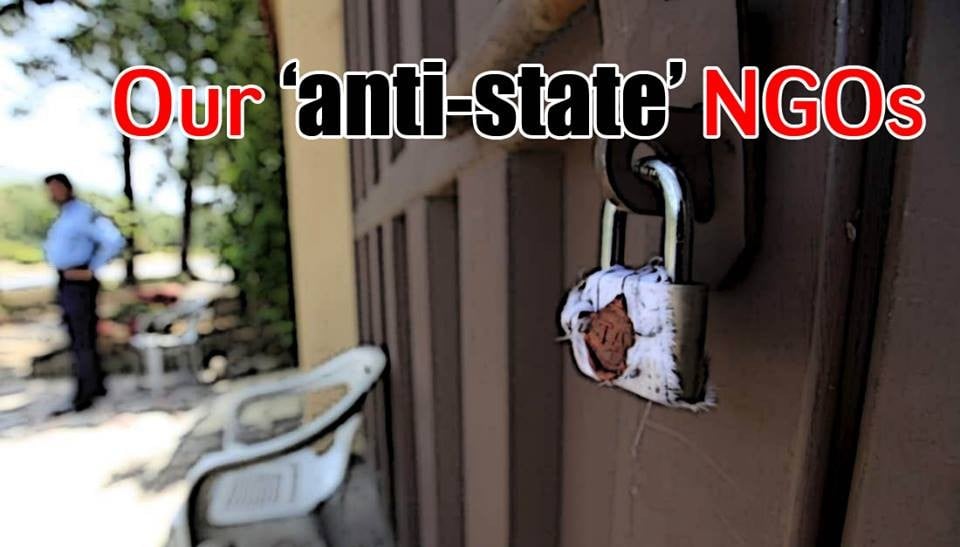
The Save the Children episode offers an opportunity to look at the kind of work that NGOs have done in this country and assess its impact

The orders came out of the blue or so it seemed. An otherwise well-respected organisation Save the Children’s Islamabad office was sealed. Reportedly, it was told to close shop in Pakistan and the foreign staff asked to go back. The next day’s reports were mixed and unclear: the order had probably been retracted. Contradictory signals emanated from the Economics Affairs Division of the ministry of Finance and the interior ministry.
Soon, the media informed that Prime Minister Nawaz Sharif had formed a committee under Special Assistant to PM on Foreign Affairs, Tariq Fatemi, to give its recommendations on the regulation of INGOs working in Pakistan.
But regulation was not what the interior minister was talking about. He was referring to the action against some INGOs because they worked against what he called Pakistan’s ‘national interest’. This input had come from none other than the country’s intelligence agencies, he said, and did not hesitate from naming a few countries that were engaged in espionage through these NGOs. The murmurs about Shakeel Afridi were heard again.
The tension of last week appears to have been diluted by now. The much talked about regularisation procedure for both local NGOs that are funded from abroad and the INGOs is in the works, we are told.
But the entire episode has raised some important concerns a lot more intensely: One, if the government has intelligence reports about an NGO working against the country’s interest, it should employ the existing law of the land to indict that NGO instead of taking such clumsy measures.
Two, if there are charges of corruption or embezzlement of funds, there should be ways and means available to take them to the court.
Three, there should be clearly laid procedures for regularisation of all sorts of foreign funding instead of using it as a stick against them or to stigmatise the NGOs.
Importantly, the episode offers an opportunity to look at the kind of work that NGOs have done in this country in say the last thirty years and assess its impact. Of course, this assessment will have to be done by independent researchers from outside the sector. Lastly, there has to be some mechanism of the NGOs accountability -- looking at things like inefficiency, misgovernance or corruption.
We have tried to look at all these issues in today’s Special Report.